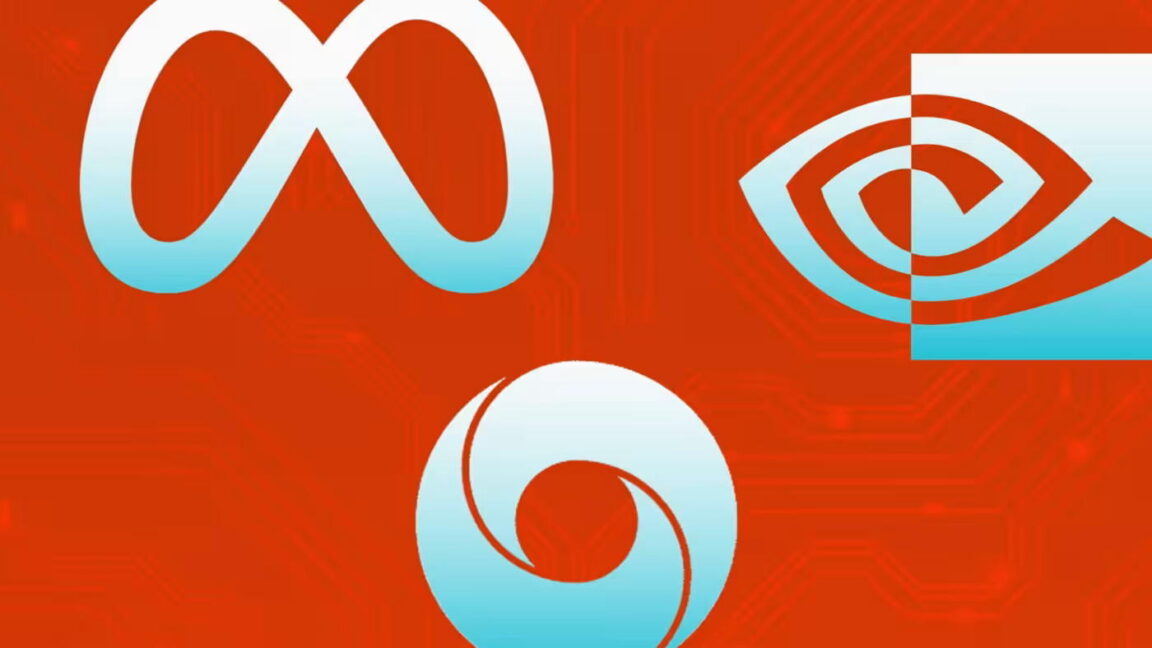
"Traditional video methods [are a] brute-force approach to pixel generation, where you're trying to squeeze motion in a couple of frames to create the illusion of movement, but the model actually doesn't really know or reason about what's going on in that scene, Previous video-generation models had physics that were unlike the real world, he added, which general-purpose world model systems help to address."
"San Francisco-based Niantic has mapped 10 million locations, gathering information through games including Pok�e9mon Go, which has 30 million monthly players interacting with a global map. Niantic ran Pok�e9mon Go for nine years and, even after the game was sold to US-based Scopely in June, its players still contribute anonymized data through scans of public landmarks to help build its world model."
"Both Niantic and Nvidia are working on filling gaps by getting their world models to generate or predict environments. Nvidia's Omniverse platform creates and runs such simulations, assisting the $4.3 trillion tech giant's push toward robotics and building on its long history of simulating real-world environments in video games. Nvidia Chief Executive Jensen Huang has asserted that the next major growth phase for the company will come with "physical AI," with the new models revolutionizing the field of robotics."
Runway released a product that uses world models to create gaming settings with personalized stories and characters generated in real time. Traditional video methods are a brute-force approach to pixel generation that produce the illusion of movement without true scene understanding. General-purpose world models address unrealistic physics from prior video-generation systems. Building world models requires massive physical-world data collection. Niantic has mapped 10 million locations and gathered data via games including Pok�e9mon Go, with millions of players contributing anonymized scans. Nvidia's Omniverse simulates environments to support robotics and advance a strategy centered on "physical AI."
Read at Ars Technica
Unable to calculate read time
Collection
[
|
...
]